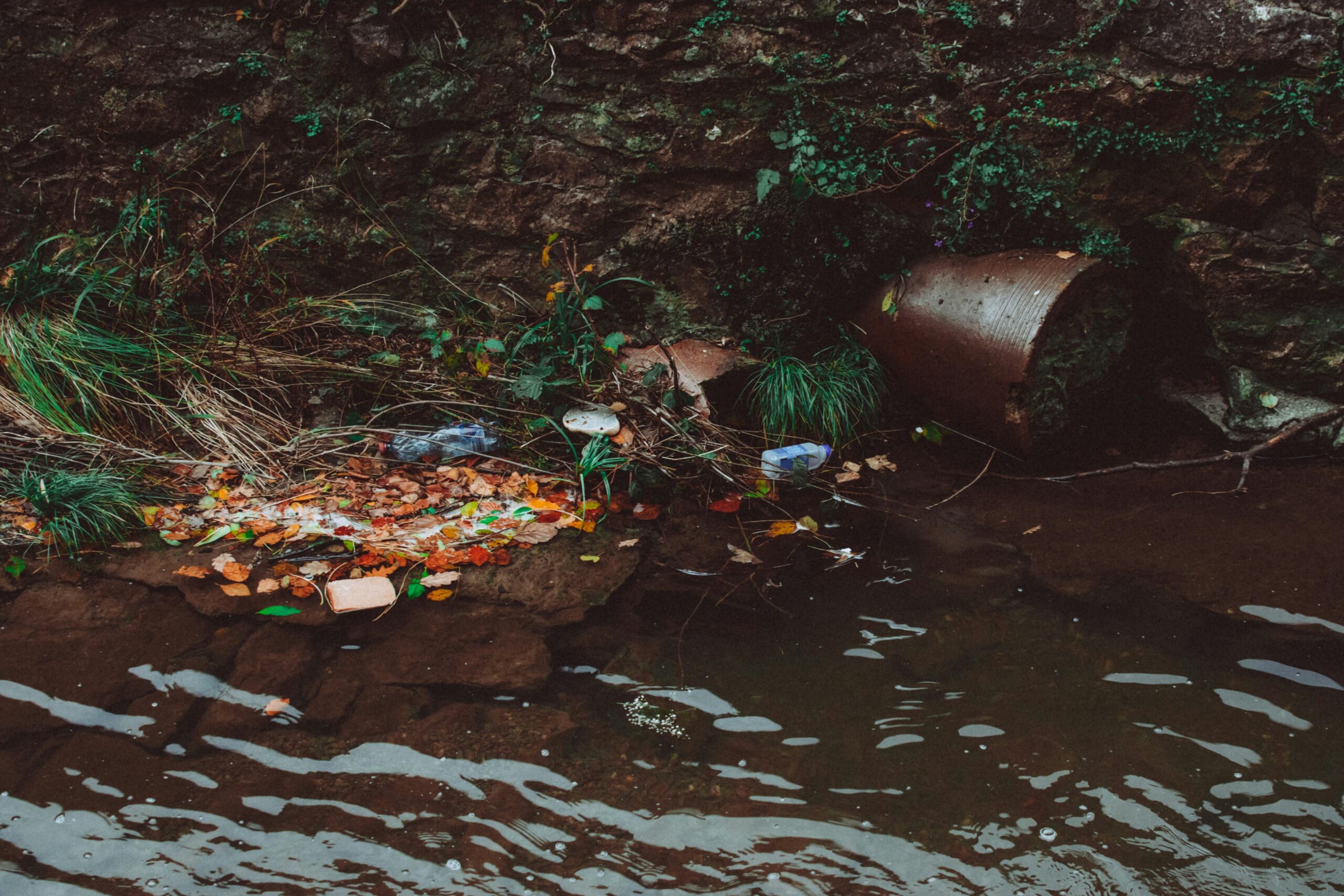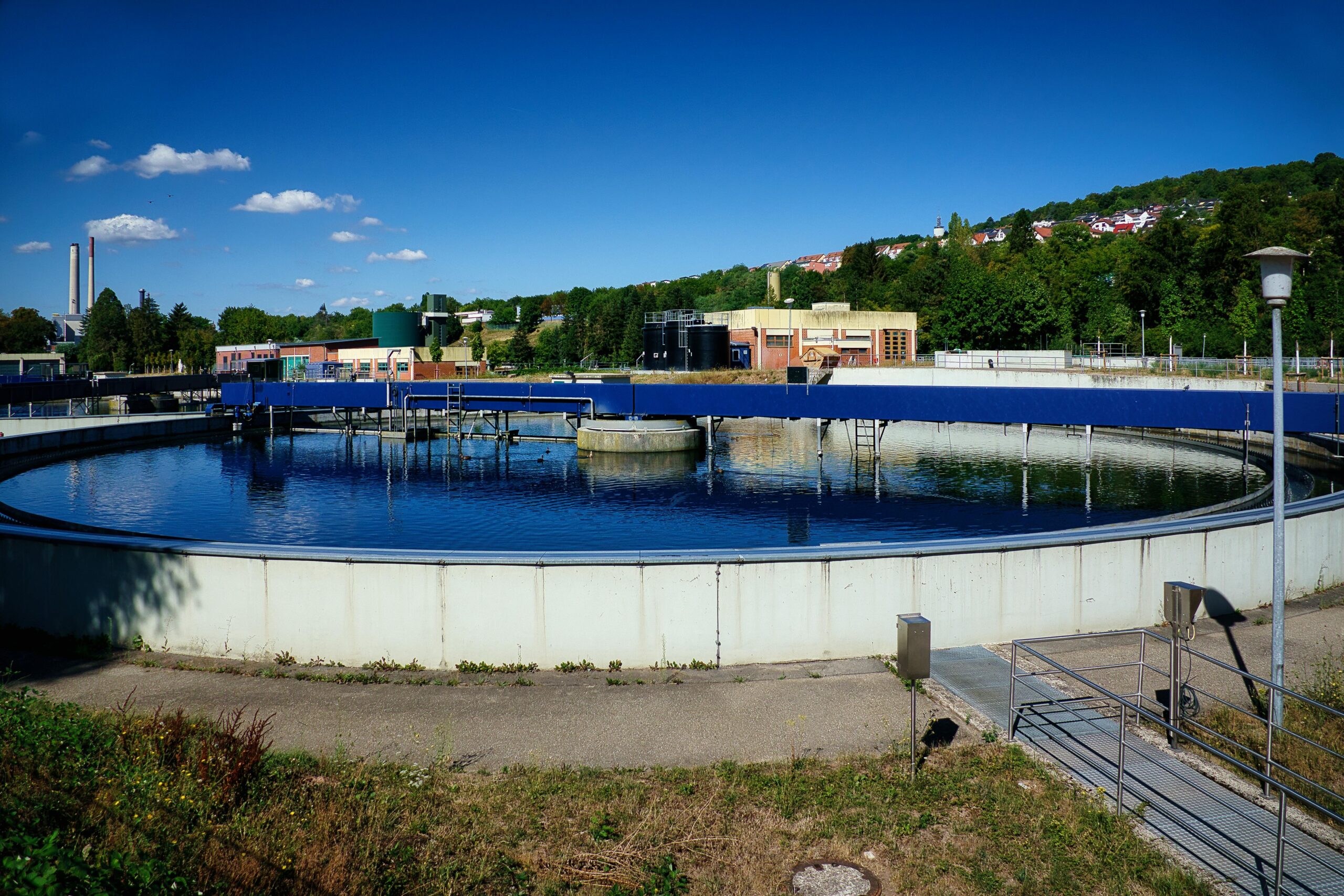EU Revamps Wastewater Rules for 2025
A revised directive to continue tackling pollution, protecting health, promoting innovation, and driving EU sustainability.
Globally, 80% of wastewater is inadequately collected or treated, making it a significant contributor to water pollution. Improper management of wastewater can lead to bacteria, viruses, harmful chemicals, including micropollutants, and organic pollutants like nitrogen and phosphorous entering our waterways. When discharged untreated into the environment, these pollutants can jeopardise human health and damage ecosystems in rivers, lakes, and coastal waters. The EU has been a leader in water policy, with the adoption of the Urban Wastewater Management Directive in 1991, followed by the broader-looking Water Framework Directive, which aims to establish a framework for the protection of all water bodies – inland, coastal, and marine.
In January 2025, the EU put in place a revised directive to address trends in novel challenges in urban wastewater management.

Revision of the directive
In the three decades since its adoption, the Directive has safeguarded the environment and human health from the harmful effects of untreated wastewater by ensuring its proper collection, treatment, and discharge by towns, cities, and settlements. While this has led to significant improvements in water quality across Europe, achieving an overall compliance rate of 90%, certain pollutants, such as micropollutants and microplastics, remain largely unregulated. To address these gaps, the EU introduced a proposal for a revised Urban Wastewater Treatment Directive at the end of 2022, which came into force on 1 January 2025.
These updated rules are set to enhance the protection of human health and the environment by reducing harmful urban wastewater discharges. By 2040, the revised Directive is expected to deliver financial benefits of approximately €6.6 billion annually, while also streamlining reporting requirements for Member States.
Key revisions within the directive
By 2035, Member States must expand access to sanitation and ensure adequate collection from all areas with over 1,000 inhabitants (or population equivalents).
Eliminating nitrogen and phosphorous: by 2039, tertiary treatment will be required for treatment plants with a capacity of 150,000 population equivalents.
Polluter Pays Principle: Industries responsible for micropollutants, such as pharmaceuticals and cosmetics, will cover at least 80% of advanced treatment costs (quaternary treatment).
Simplified Reporting: Digital databases managed by the European Environment Agency will reduce administrative burdens for Member States.

Challenges
The detrimental effects of micropollutants and microplastics on the environment and human health are increasingly recognised by scientists, policymakers, and the public. Despite this awareness, water quality remains a low priority in political agendas, and progress in establishing effective regulations to prevent microplastics in the environment is slow or insufficient.
Many EU countries continue to fall short of meeting the requirements outlined in the original Urban Wastewater Treatment Directive. Consequently, the process of upgrading wastewater treatment facilities to incorporate quaternary treatment is expected to be slow, resulting in limited tangible improvements during the initial phases.
Next Steps
The revised EU Urban Wastewater Treatment Directive embodies the Zero Pollution ambition and the vision for Food and Agriculture by prioritising prevention and innovation in order to build overall resilience to threats. As Director General of the Environment Department of the European Commission, Florika Fink-Hooijer highlighted; “Water Resilience will be another key priority for the new mandate, with an EU strategy to address the myriad water challenges facing Europe, including scarcity, flooding, water pollution, and freshwater ecosystem destruction. It will focus on increasing circularity, innovation, water efficiency, and restoring nature so our continent becomes a #WaterWiseEU.”
The revised Urban Wastewater Treatment Directive represents a significant step forward in addressing the persistent challenges of water pollution, environmental degradation, and public health risks posed by untreated wastewater. With the revision of the Directive deepening treatment requirements and covering more settlements, the EU is continuing the path set in 1991 toward a more sustainable and water-resilient future. However, achieving the Directive’s goals will require accelerated investments in wastewater infrastructure, and a collective commitment from Member States to prioritise water quality on their political agendas. Taking these into account, the EU can ensure cleaner waterways, healthier ecosystems, and improved well-being for future generations.
